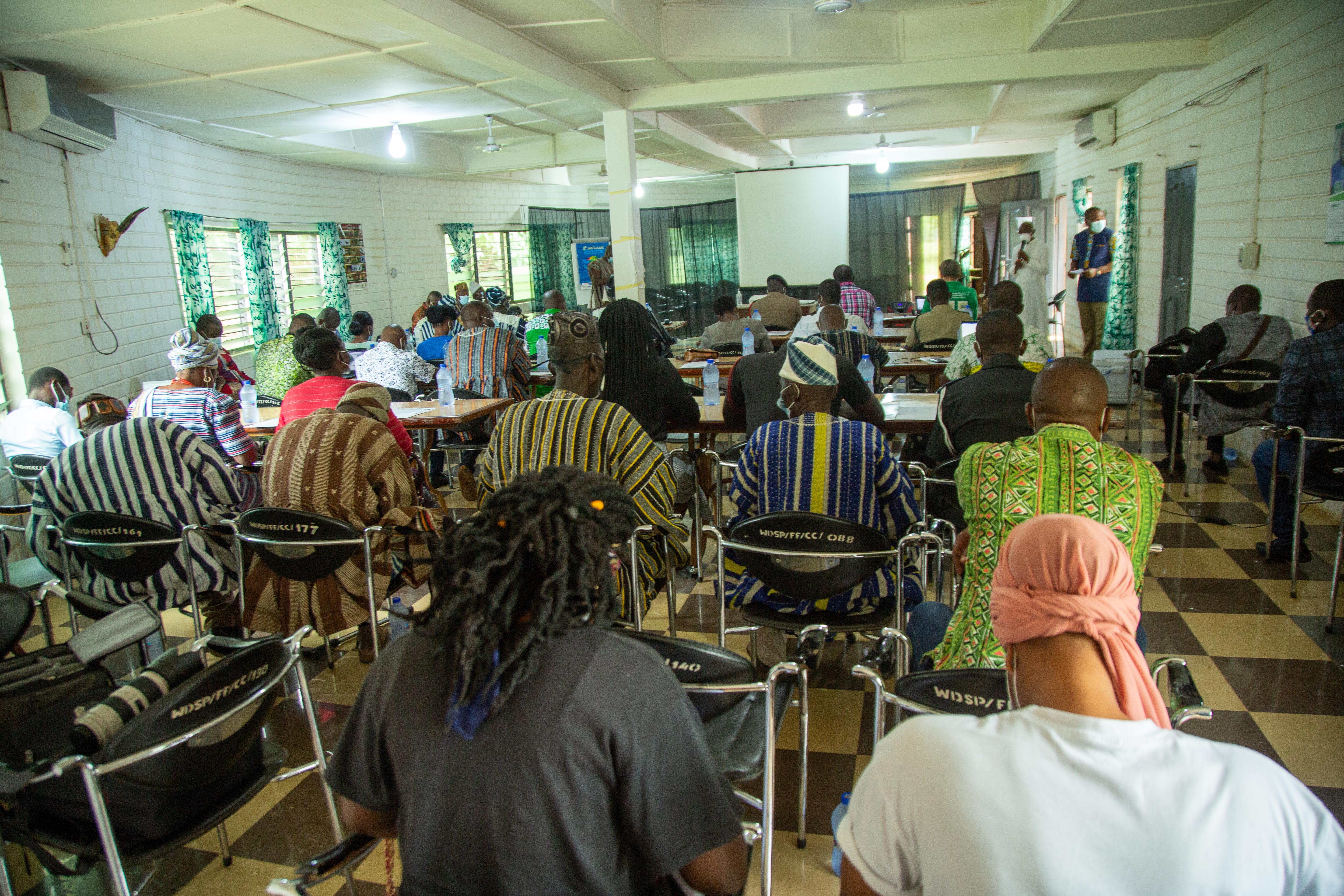

To shift from unsustainable to sustainably produced charcoal and alternative fuels (e.g. briquets from agricultural residues) they need to be competitive in the market. This can only be achieved with government support by regulating charcoal production and enabling competitive prices. These include the setting up of a formal sector and a sustainable forest management system (see building block 2).
The government of Ghana sees the need of reducing forest degradation through charcoal production and has set ambitious policy actions in the updated NDCs to achieve efficient and sustainable charcoal production. The government is also working on a national regulation for the production of charcoal and has included further measures like the promotion of efficient cookstoves and the establishment of woodlots in different strategies.
In the development of regulations and strategies for sustainable charcoal production, it is important to include the different stakeholders, especially the local communities and charcoal producers. They need to see the benefits of a formalized sector and regulation system and need to be supported to adapt to it. Besides that, it is important to develop alternative income sources to achieve the promotion of alternative fuels and a reduction of charcoal production.